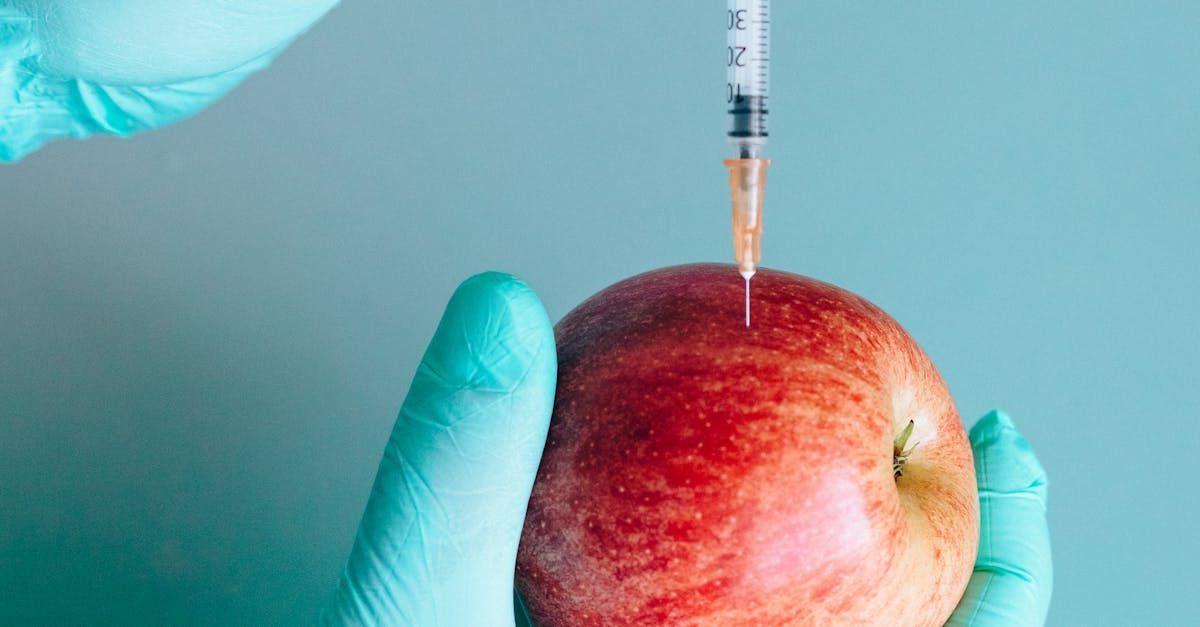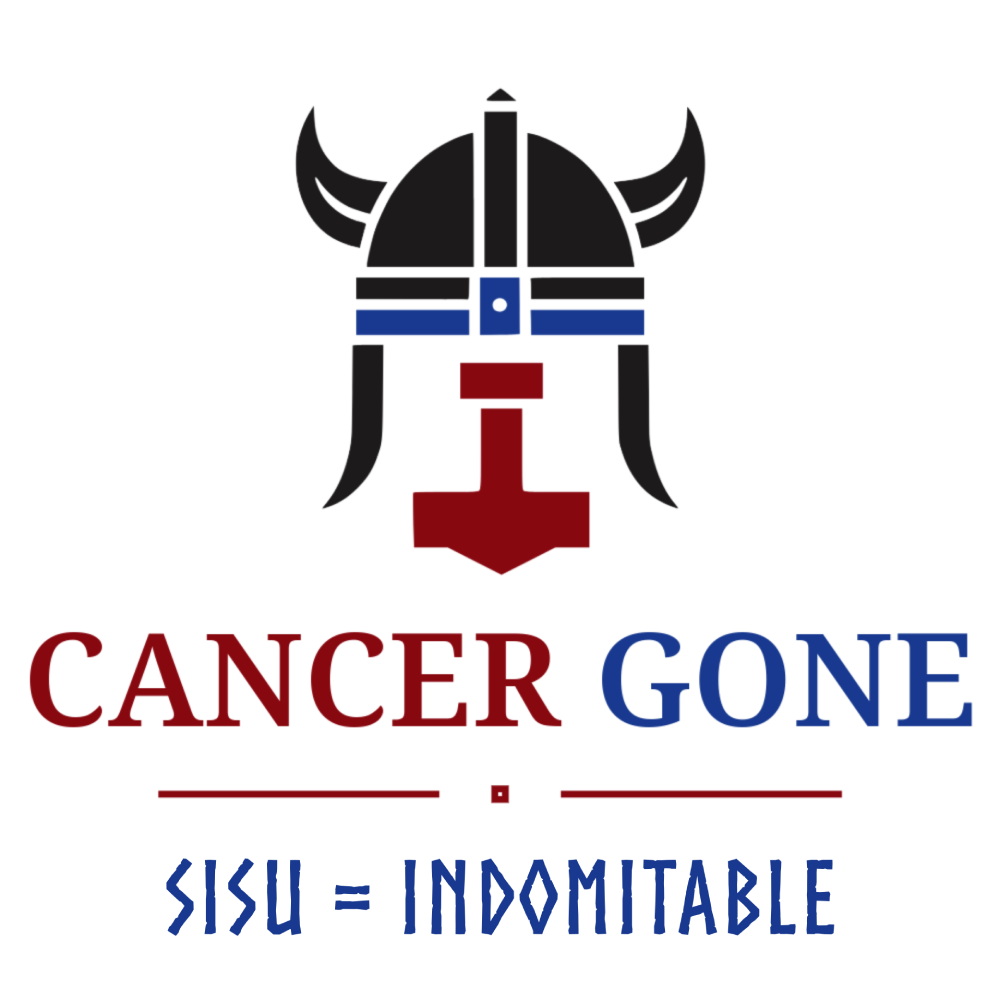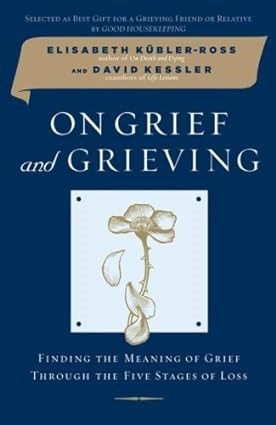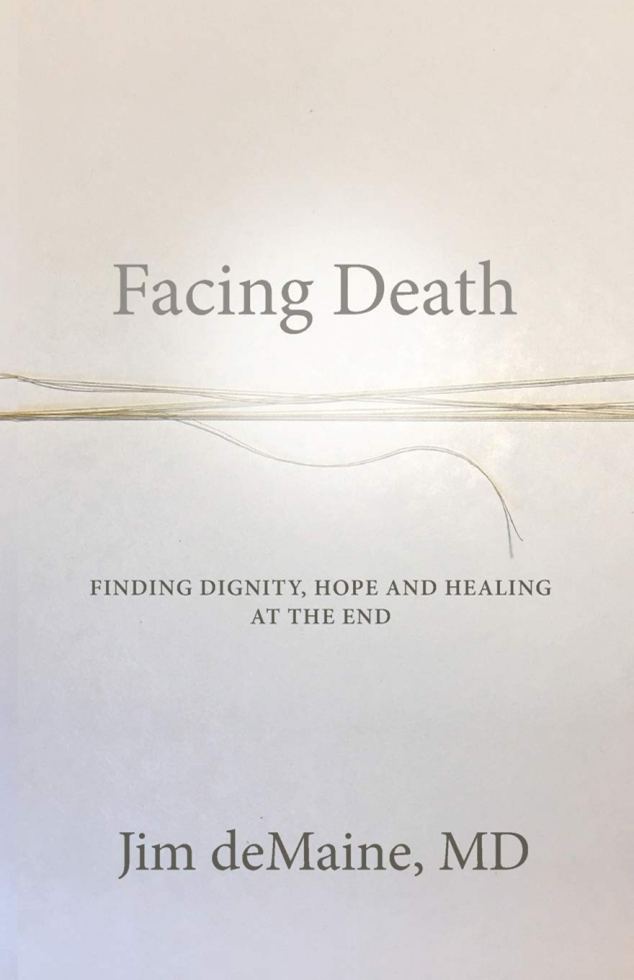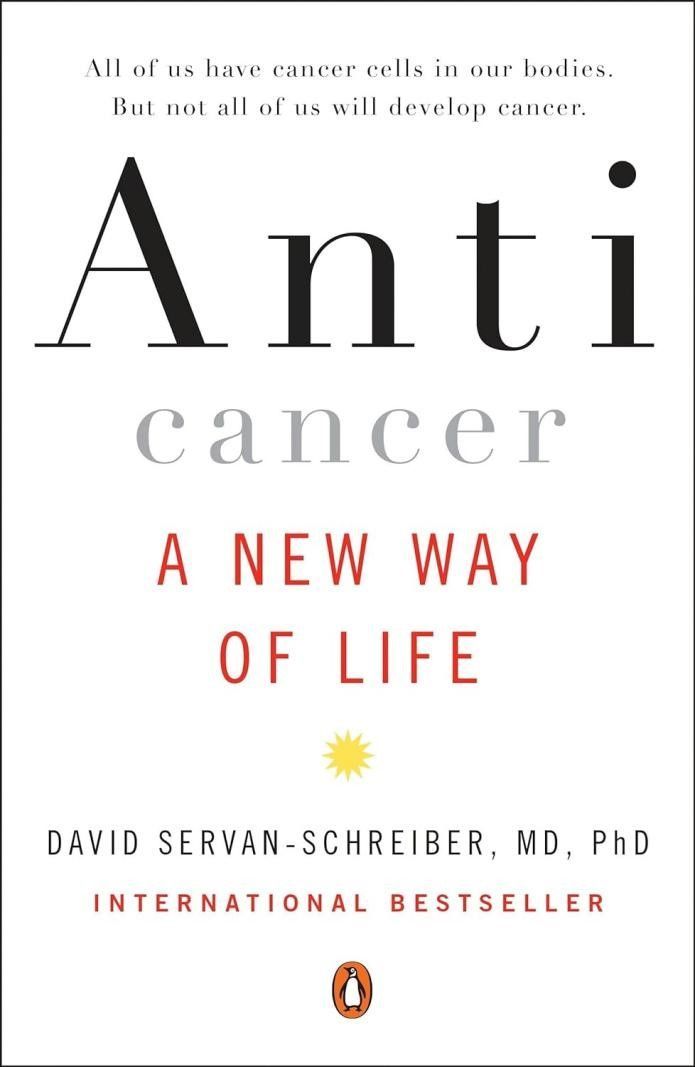Cancer is called a dread disease by the insurance companies for good reason.
Being told you have cancer is a bit like the captain of the Titanic being told his ship has hit an iceberg. Life will never be quite the same again.
I have lived in fear of cancer since the age of six, when my father died of it. In 2007, I came to know first-hand the feeling of terror when you are told you have cancer- I was diagnosed with stage 2 bladder cancer.
Thinking back, I wonder if Rhonda Byrne is not correct in saying in her book, The Secret, that you attract whatever you fear.
What I am certain of is that, of the many people I have known who got cancer, those who beat it all have one thing in common: A positive attitude.
Of course, that will be the last thing on your mind if you have just been told you’ve got cancer.
A Chance of Life
It is admittedly difficult to take any positives from having cancer, but, unlike a fatal heart attack or stroke, at least cancer usually progresses fairly slowly.
This gives you the opportunity to:
- Seek a cure
- Live life as fully as possible and achieve those things you have been putting off
- Put your personal and business affairs in order.
ARM YOURSELF WITH KNOWLEDGE
This site aims to assist you by sourcing information about cancer treatments from reliable sources. Armed with this knowledge, you will be able to formulate the best approach to deal with your particular type of cancer.
The first thing that will happen after the shock wears off is that you will move into the mourning process. You will mourn not for death but:
- the loss of life as you knew it,
- the loss of your future dreams and ambitions,
- the loss of the expectation to live to a ripe old age and meet your grandchildren
- the loss of your once healthy, cancer free body.
In her book, On Grief and Grieving, Elisabeth Kübler-Ross, identified
five stages of mourning: Denial, anger, bargaining, depression and acceptance. Not everyone goes through all of them, or necessarily in that order.
Denial
In this stage, the world becomes meaningless and overwhelming. Life makes no sense. You will be in a state of shock and denial.
Anger
The more you truly feel your anger, the more it will begin to dissipate and the more you will heal. Your anger may be directed at life, God, The Universe, the cancer, your body and anything else that comes to mind. You might ask, “Why me, of all the people in the World, God? Here’s the thing: The chances of getting cancer are not as remote as those of winning the lottery, but one in two. Focus on the fact that by no means do all the people who get cancer die from it. Some survival statistics are listed further on in this article.
Just a word of warning about anger and bitterness: They, in themselves, constitute a serious threat to good health. Best ditch them.
Bargaining
After a loss, bargaining may take the form of a temporary truce. “What if I devote the rest of my life to helping others?” We become lost in a maze of “If only…” or “What if…” statements.
Offer the same kind of encouragement and kind words to yourself that you would give to a friend. In essence, give yourself a break. [1]
Depression
Empty feelings present themselves, and grief enters your live on a deeper level… This depressive stage feels as though it will last forever. It’s important to understand that this depression is not a sign of mental illness. It is the appropriate response to a great loss (health you)... Depression after a loss is too often seen as unnatural: a state to be fixed, something to snap out of.
Acceptance
Acceptance is often confused with the notion of being “all right” or “OK” with what has happened. What it means is coming to terms with the fact you have cancer. Once you have done that, you need to resist slumping into a fatalistic frame of mind (“If it is meant to be…”) or seeing yourself as a victim.
You must move swiftly on to this new sixth step that is appropriate for dealing with cancer:
Rejection of the cancer
Just because you got the cancer doesn’t mean the cancer will get you.
An ever increasing number of people manage to conquer cancer: It does not have to be a death sentence. My wife, Lily, this year celebrates being free of her stage 3 colon cancer for 21 years.
Five cancers are considered to be curable:[2]
- Prostate Cancer: People alive 5 years after diagnosis: About 99%
- Thyroid Cancer: People alive 5 years after diagnosis: about 98%
- Testicular Cancer: People alive 5 years after a diagnosis: 95.1%
- Melanoma: People alive 5 years after a diagnosis: 94%
- Breast Cancer: People alive 5 years after a diagnosis: early stages of 0 and 1 - 99% to 100%
The earlier cancer is detected and diagnosed, the better the chance of treating it successfully. But even if you are told your cancer has progressed to STAGE lV, there is hope.
I met someone who survived Stage lV pancreatic cancer and there are many YouTube videos that tell of people who likewise beat it. Here is an example https://www.youtube.com/watch?v=42-CqtYTI9s
YOUR CHOICE
It is neither inevitable that you will die from cancer or that you will survive it. You can however, improve your chances of beating cancer.
The approach you choose to take in dealing with your cancer is a deeply personal decision and one that is yours alone to make: It is your life after all.
If you decide to commit yourself to overcoming your cancer, we suggest you consider adopting a SISU state of mind.
This site seeks to be a first port of call in the search for reliable information regarding the latest developments in cancer research and treatment.
Should you, however, decide, rather than devoting yourself to pursuing a cure for your cancer, to make the most of the time you have left, no one can fault you for that. Read on.
EMBRACE LIFE
No matter what your prognosis or decision, treat the cancer diagnosis as a turning point in your life. Let it serve to remind you how short and precious life is. Being diagnosed with cancer gives you reason to re-evaluate what is important in life and what you still want to achieve; what you want your legacy to be.
Cancer Gone seeks out and shares the latest available information from reliable sources in order to assist you in making the right choices for your particular situation.
Of no lesser importance, the site was created to provide hope in trying circumstances. The most important thing for you, however, is to seek peace in your mind and soul. No matter how unpleasant the prospect, death is an inevitable part of life.
The time might come, however, when despite your best efforts to overcome the cancer, you know your end is near. Don’t beat yourself up for not having beaten the cancer- the odds were probably against you.
Rather embrace and appreciate every precious moment you have left and celebrate all the achievements and joyous experiences of your life.
Facing Death: Finding Dignity, Hope and Healing at the End by Jim deMaine (Author)
Is it possible to have a good death, free from unnecessary pain and trauma? What if our final days were designed to bring about reconciliation and release? In this wise and large-hearted book, Dr. Jim deMaine offers advice pointing the way toward a grace-filled transition out of life.
"Anticancer" by David Servan-Schreiber(Author)
"Anticancer" by David Servan-Schreiber explores lifestyle changes to fight cancer, blending conventional and alternative approaches. The book details the author's personal journey with cancer and offers advice on an anticancer diet, exercise, mindfulness practices, and eliminating toxic products.
SOME WORDS OF CAUTION
Don’t, in desperation, snatch at false promises of cancer cures you see on the Internet: Medical fraud is unfortunately rife.
Footnotes and references:
SHARE THIS PAGE
